
Self-care isn’t just bubble baths and cucumbers—especially as the years go by. As birthdays stack up, life can take unexpected turns by bringing new rhythms and hurdles into daily routines. Shifts in priorities and the occasional curveball can make self-care feel less pressing. Why do routines shift and healthy habits get a little dusty? Before we jump into the nitty-gritty, let’s uncover what might really be happening behind the scenes.
Physical Pain Makes Daily Tasks Overwhelming
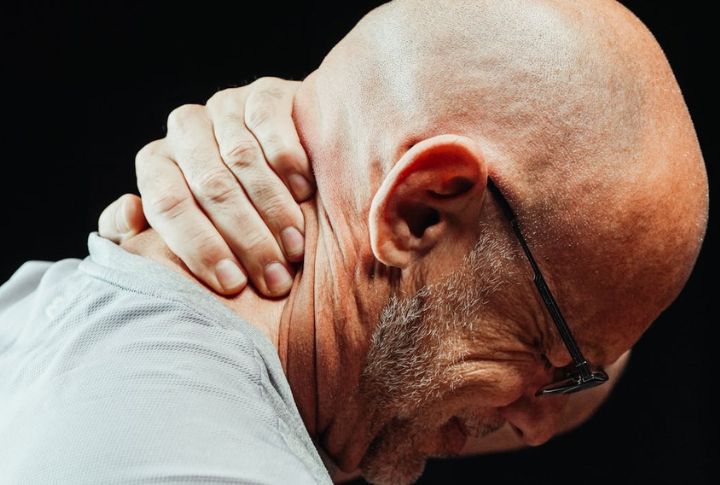
What happens when even getting out of bed hurts? Daily routines begin to feel impossible as chronic pain chips away at independence. The CDC reports that over 50 million U.S. adults live with daily chronic pain. It’s no wonder many choose rest over regular self-care when discomfort never leaves.
Depression Quietly Erodes Motivation
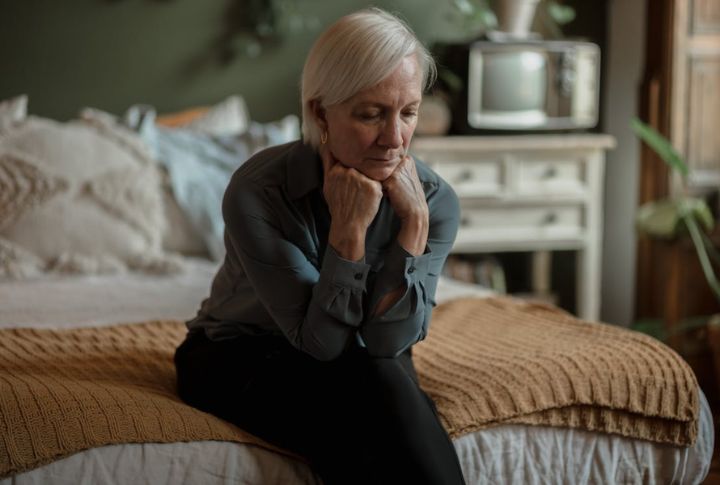
Losing interest in hygiene or meals may seem like neglect, but it’s usually deeper than that. Depression, which affects nearly 6 million older Americans, slowly dulls motivation. Over time, brushing your hair or making breakfast doesn’t feel worth it. The smallest acts can seem strangely impossible.
Financial Strain Limits Healthy Options

Grocery bills and expensive prescriptions pile up fast. A 2023 KFF study found that 28% of seniors skipped necessary care due to cost. Prioritizing heat or housing over vitamins and vegetables isn’t uncommon. When survival is at stake, self-care often falls by the wayside.
Loss Of Purpose Reduces Daily Effort
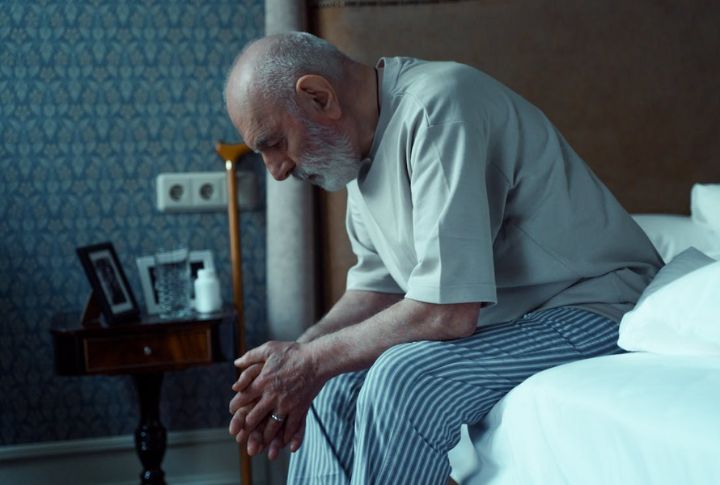
A full calendar can vanish overnight after retirement. No longer driven by a schedule or sense of duty, some lose momentum altogether. The absence of clear goals leaves daily grooming and nutrition adrift. With no reason to get dressed, self-care can quietly fade into the background.
Social Isolation Shrinks Self-Awareness
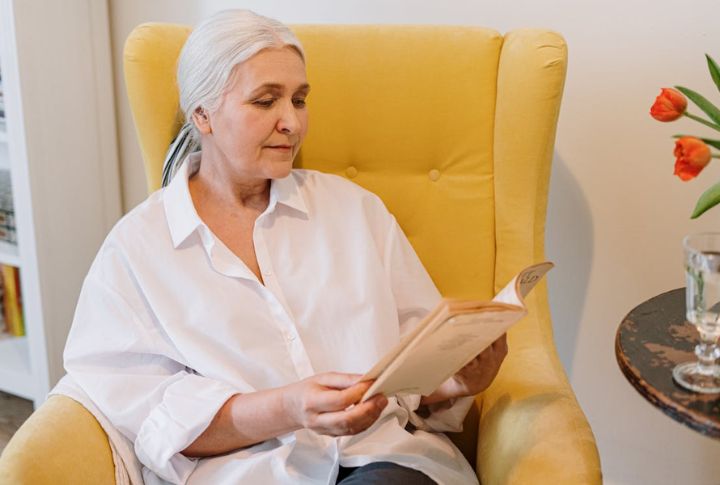
Have you ever gone a whole weekend without seeing someone? For older adults, that silence can stretch for weeks. Socially isolated seniors are more likely to neglect basic hygiene. That’s because no external feedback leads to slipping habits—one unbrushed day at a time.
Medication Side Effects Disrupt Energy And Focus
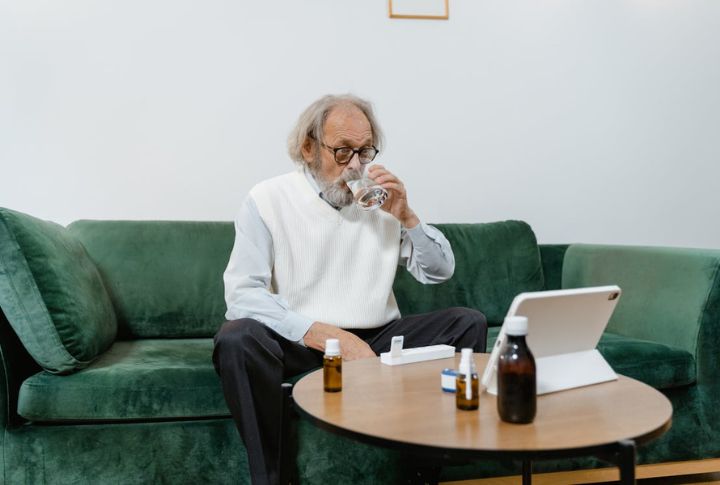
Prescriptions may stabilize your body but unsettle your drive. Many medications for anxiety, heart conditions, or pain management cause fatigue or confusion. According to the Mayo Clinic, between 50% and 80% of people aged 70 and older report subjective cognitive decline, even when they perform within normal limits on cognitive tests.
Grief Alters Priorities And Perspective
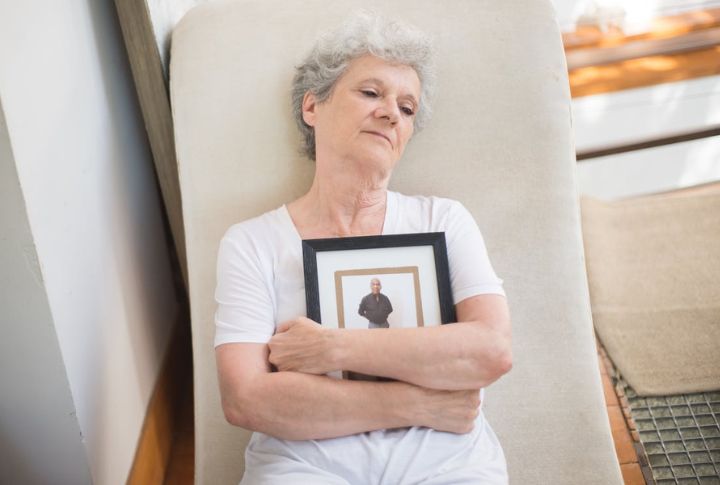
Loss reshapes routines in ways others can’t always see. After the death of a spouse or close friend, many experience a decline in self-care. Grieving pulls energy inward. Normal tasks—like eating dinner or getting dressed—feel hollow once the person you shared them with is no longer there.
Cognitive Decline Affects Routine Memory
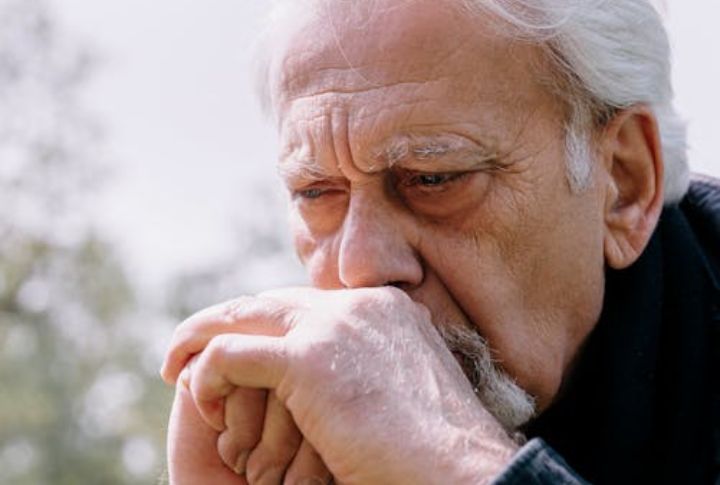
Misplacing glasses is one thing—forgetting lunch is another. According to the Alzheimer’s Association, 12–18% of those over 60 have mild cognitive impairment. Memory hiccups disrupt established habits by making self-care inconsistent. When routines change, people may not even realize that something important has slipped through the cracks.
Fear Of Judgment Hinders Seeking Help
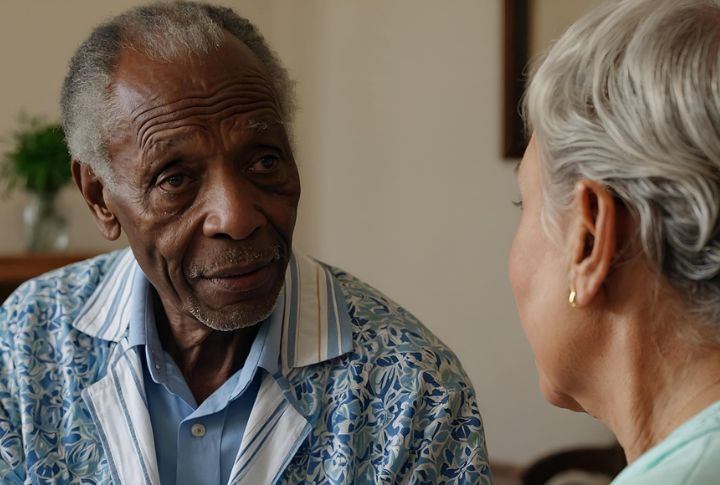
Admitting you need assistance isn’t easy for everyone. Cultural pride or fear of pity may stop older adults from speaking up. Men are especially prone to this silence and statistically less likely to seek help. That hesitation delays care, which makes minor declines snowball into major issues.
Vision Decline Makes Self-Care Tricky
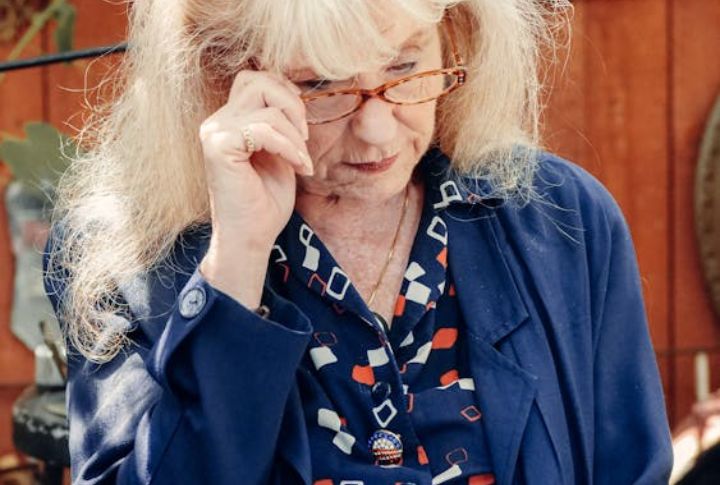
Blurry vision doesn’t just affect reading. It also complicates cooking, trimming nails, or recognizing expired food. The American Academy of Ophthalmology states that by age 75, half of Americans develop cataracts. Visual challenges interfere with day-to-day upkeep, especially when people don’t realize just how much they’re missing.

